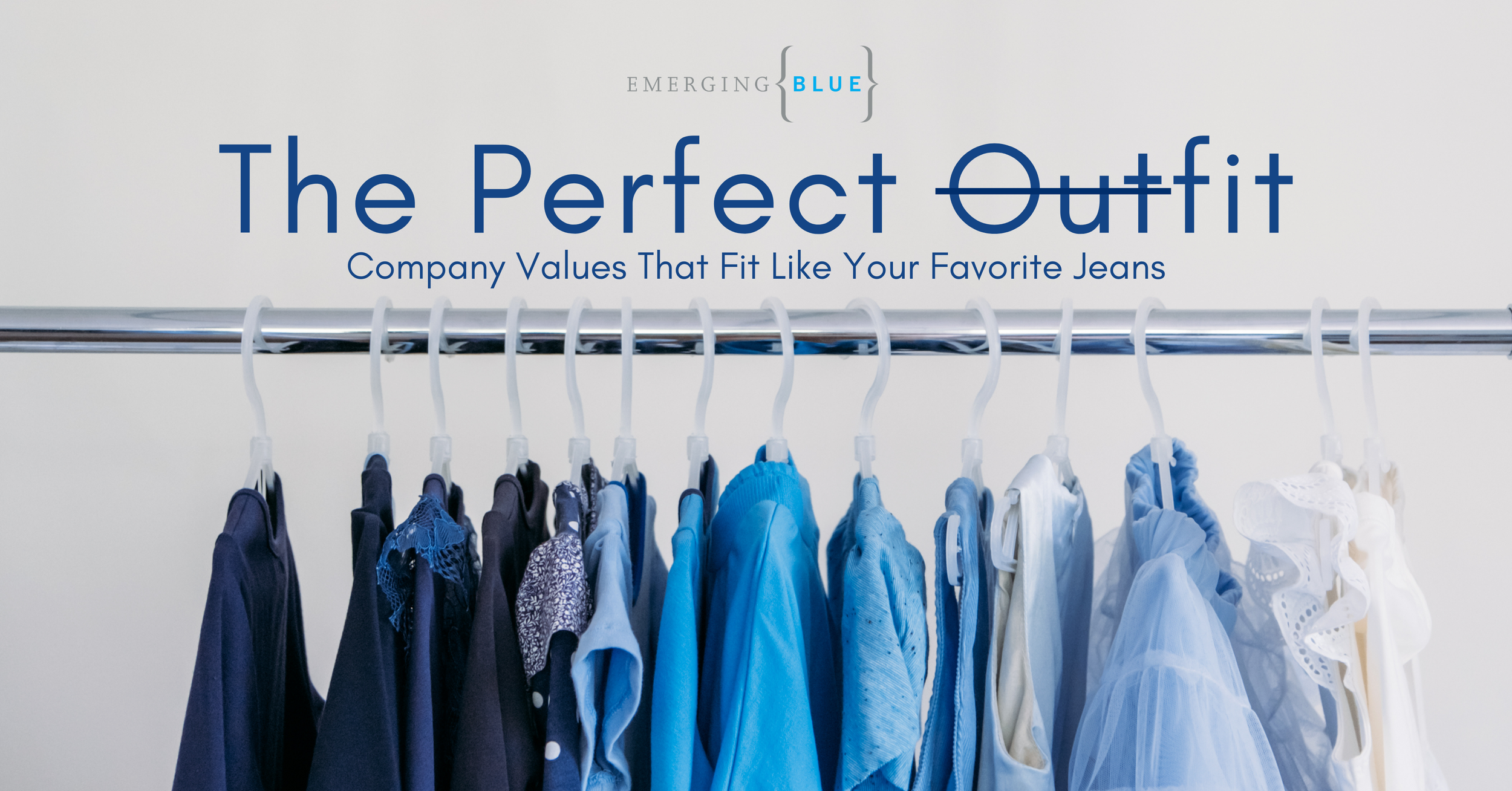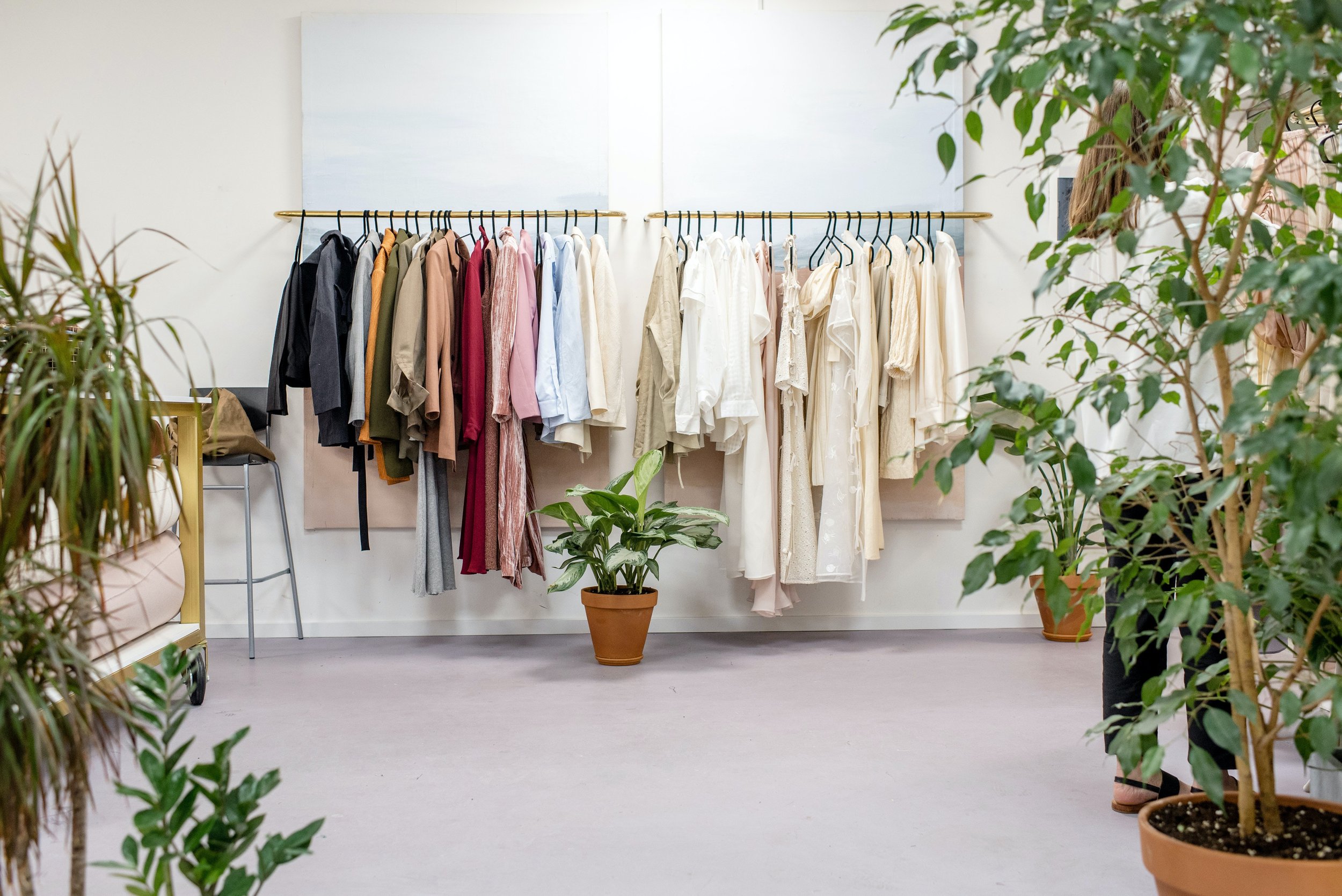One of the top driving factors for success of a retail business is the strength of its internal team, woven-in values, and company culture.
Retail post-pandemic is a new frontier in many respects, one of which has largely been finding great employees and retaining them.
A workplace without a strong company culture can see employee burnout and high turnover, especially in a retail environment. To create the most positive retail experience for your customer, investing in your dream team is a great first step.
The impact of the “great resignation” has hit retail specifically. With the challenge of an increased interest in remote and hybrid work, and a shifting view by perspective employees on what defines “perks of the job,” it is more competitive than ever to be the retail brand that employees commit to joining!
Investing in employees can appear in many ways, most commonly in the form of financial compensation and benefits offered. However, in recent years, there has been a shift in the priorities of employees’ values; this shift being placing a higher value on overall company culture than compensation. According to Business News Daily, “American millennials are more likely to care about work culture over salary (65%) than those age 45 and older (52%).”
To build a retail business where employees feel supported, there must be a compelling mission, goals, and values that are well-defined and implemented into all work practices, most crucially being the hiring and onboarding processes. If hiring managers articulate the company values during the interview process, employees are more likely to understand and reflect those values on the retail floor.
There are three underlying values that are trending as top priority in the retail sector: employee voice, diversity, equity, & inclusion, and sustainable practices.
Company culture extends beyond shared lifestyles and common interests. Employees want to feel heard by their leaders. An insider at Fast Company wrote, “If you look at some of the strongest companies around the world, regardless of industry, a common thread is that leaders in those businesses don’t just dictate. They also get feedback from their teams and consider what workers say.” Retail is a particularly important industry for employees to feel heard, as they serve as the face of the brand and interact with customers in-store, every single day. Likewise, retail employees provide invaluable internal feedback on the day-to-day retail operations.
There is a level of responsibility for company leaders when it comes to diversity, equity, and inclusion. In fact, a study found that “more diverse workforces perform better financially compared to those that are less diverse.” It can be challenging to know where to implement these practices. An insider at Forbes suggested, “Start inside and ask your teams what types of training they would find beneficial when it comes to diversity, inclusion and belonging and how they would like to see the company improve its efforts in the months and years to come.” When business leaders engage with their employees and respect their opinions on these sensitive matters, they make their employees feel supported.
These authentic conversations about diversity, equity, & inclusion should always be included during the employee hiring processes. One of our amazing clients, Vans, leads diversity and inclusion in the workplace by great example. We are proud to align ourselves with a brand that has such a strong commitment to providing a diverse and inclusive workplace for their employees. If you haven’t heard of it before, check out their “Off The Wall” mindset that promotes and embraces creativity and self expression.
Most consumers, including employees of the fashion retail industry, have expectations of sustainable and ethical transparency from fashion retailers. Many employees are seeking opportunities to implement change on a local or global scale. Liv Simpliciano, policy and research manager at Fashion Revolution, said “Transparency is the antidote to greenwashing. Scrutiny might sound like a scary thing [for brands], but it’s actually a capacity-building exercise.” For brands looking to grow their retail businesses, ethical and sustainable transparency, in addition to a positive work culture, is attractive to both employees and customers.
Vuori is a great example of a brand that is actively invests in sustainable practices. In fact, they offset 100% of their carbon emissions to help combat global warming. Not to mention, they’re rated the #1 retailer to work for in Encinitas, CA.
Vuori’s 2021 Footprint. More information about their sustainable efforts can be found here.
If you’re looking to grow your fashion retail business and build a strong team of employees that are the perfect brand-fit, there is much to consider. By having honest conversations with your applicants and digging into what values they’re looking for in a company, you’ll find that you are able to identify the right fit most efficiently. Creating a strong company culture by hiring employees that share a passion for your mission is what will guide your retail business into undeniable success.
Emerging Blue focuses on the brand and the fit, Britt Noyes is our Retail Recruiting Director for Retail with 8+ years of experience in the fashion retail industry. If you’d like to partner with Britt to grow your brand’s retail business or support in finding that perfect brand-fit candidate, reach out to us at info@emergingblue.com.







